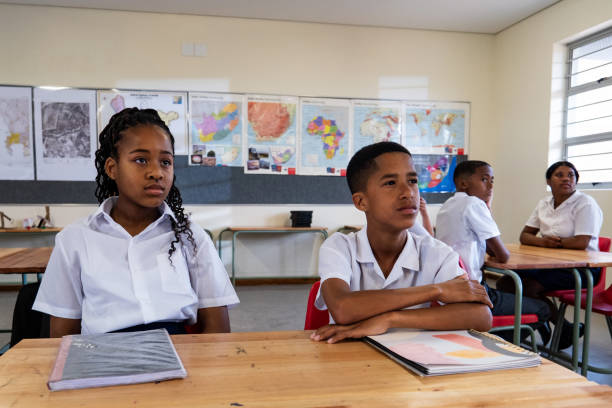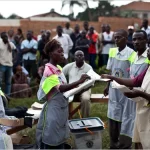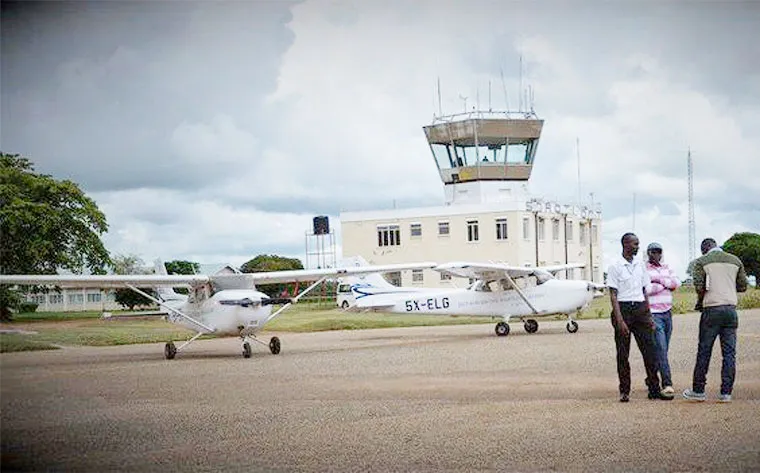Choosing the Right Primary School in Uganda
Finding the right primary schools in Uganda can be one of the most crucial decisions a parent makes. At this stage, a child is still developing mentally, emotionally, and socially, which means their school environment plays a defining role in shaping who they become. A good primary school does more than just teach academics — it builds character, nurtures creativity, and encourages curiosity. Parents should focus on a school that provides holistic development through strong teacher-student relationships and supportive learning conditions.
Supportive and Conducive Learning Environment
The overall atmosphere of a school determines how effectively your child learns. When visiting potential primary schools in Uganda, pay close attention to how the administration and teachers interact with parents and pupils. Friendly, respectful, and passionate staff members reflect a positive environment. Speak directly to teachers who could potentially handle your child and assess their attitude toward students, teaching philosophy, and communication skills.
A conducive learning environment also depends on physical conditions. Check how classrooms are arranged and whether they are spacious and well-lit. A crowded class makes it difficult for teachers to give individual attention. Look for schools with extracurricular facilities such as playgrounds, football pitches, dining areas, and creative spaces. These contribute to the emotional, physical, and intellectual growth of children.
The Perfect Curriculum
Each child learns differently, so finding a school with the right curriculum is essential. Parents must understand their child’s strengths, weaknesses, and interests before choosing a school. An effective curriculum addresses these needs and supports every learner’s growth. As education specialist Matt Homrich-Knieling notes, the best curriculum targets skills where students need extra practice while allowing flexibility for deeper learning.
The curriculum should not only focus on test scores but also on creativity, problem-solving, and emotional intelligence. When aligned with students’ real-world needs, a curriculum helps them express themselves confidently and builds a solid foundation for lifelong learning.
Read Also
Cost and Affordability
Before finalizing a choice, compare tuition fees among different primary schools in Uganda. While some high-end schools charge heavily for extra facilities such as swimming pools and indoor courts, others may offer better personal attention and parental engagement at lower costs. Always weigh quality of education against luxuries.
Beyond school fees, consider extra expenses such as uniforms, textbooks, meals, transport, and club memberships. Having a clear budget prevents future strain and allows you to choose a school that fits both your financial and educational priorities.
Academic Performance
A school’s track record is a good indicator of its overall quality. Research examination results and talk to other parents about the institution’s academic reputation. Strong performance often means dedicated teachers, structured programs, and motivated students. Remember that primary education sets the tone for future success — a positive start today influences what happens at secondary level and beyond.
Schools that prioritize excellence naturally inspire the same spirit in their pupils. When children are surrounded by hardworking classmates and ambitious teachers, they tend to adopt a mindset of growth and perseverance.
Location and Accessibility
The location of the school directly impacts your child’s convenience and safety. When exploring primary schools in Uganda, consider how easily you can reach the school in case of emergencies or visits. A school situated in a safe, quiet area offers a more stable environment for learning compared to one near busy streets or noisy markets.
Some parents prefer boarding schools farther from home to instill discipline and independence. While this can be effective, it is essential to ensure that the school has strong pastoral care and communication systems to keep parents informed about their children’s progress and well-being.
Security and Child Safety
Child safety must never be compromised. Investigate the school’s security arrangements, including guards, gates, and surveillance. For day scholars, confirm who manages drop-offs and pickups. Avoid assumptions — always verify your child’s safety arrangements.
Schools must have policies addressing bullying, emergencies, and child protection. Ask how the administration handles misconduct or complaints. A safe school should have clear procedures for handling emergencies and a transparent communication system between teachers and parents.
Parents should also remain alert. If your child expresses discomfort with a teacher, classmate, or school policy, listen and investigate immediately. Being proactive protects children from harm and teaches them to value their safety and dignity.
Choosing the Ideal School
Every parent dreams of finding a school that brings out the best in their child. Whether it’s an urban academy in Kampala or a smaller school on the outskirts, the choice should prioritize the child’s happiness, health, and potential. UNICEF emphasizes that primary education is “the foundation upon which the rest of a child’s education is built.” It is during these years that a child learns discipline, confidence, and compassion — values that shape who they become as adults.
Choosing from the many primary schools in Uganda requires patience, research, and intuition. Visit schools personally, observe classrooms, talk to teachers, and trust your instincts. Education is an investment that goes beyond grades — it’s about giving your child the foundation to dream, explore, and succeed.














